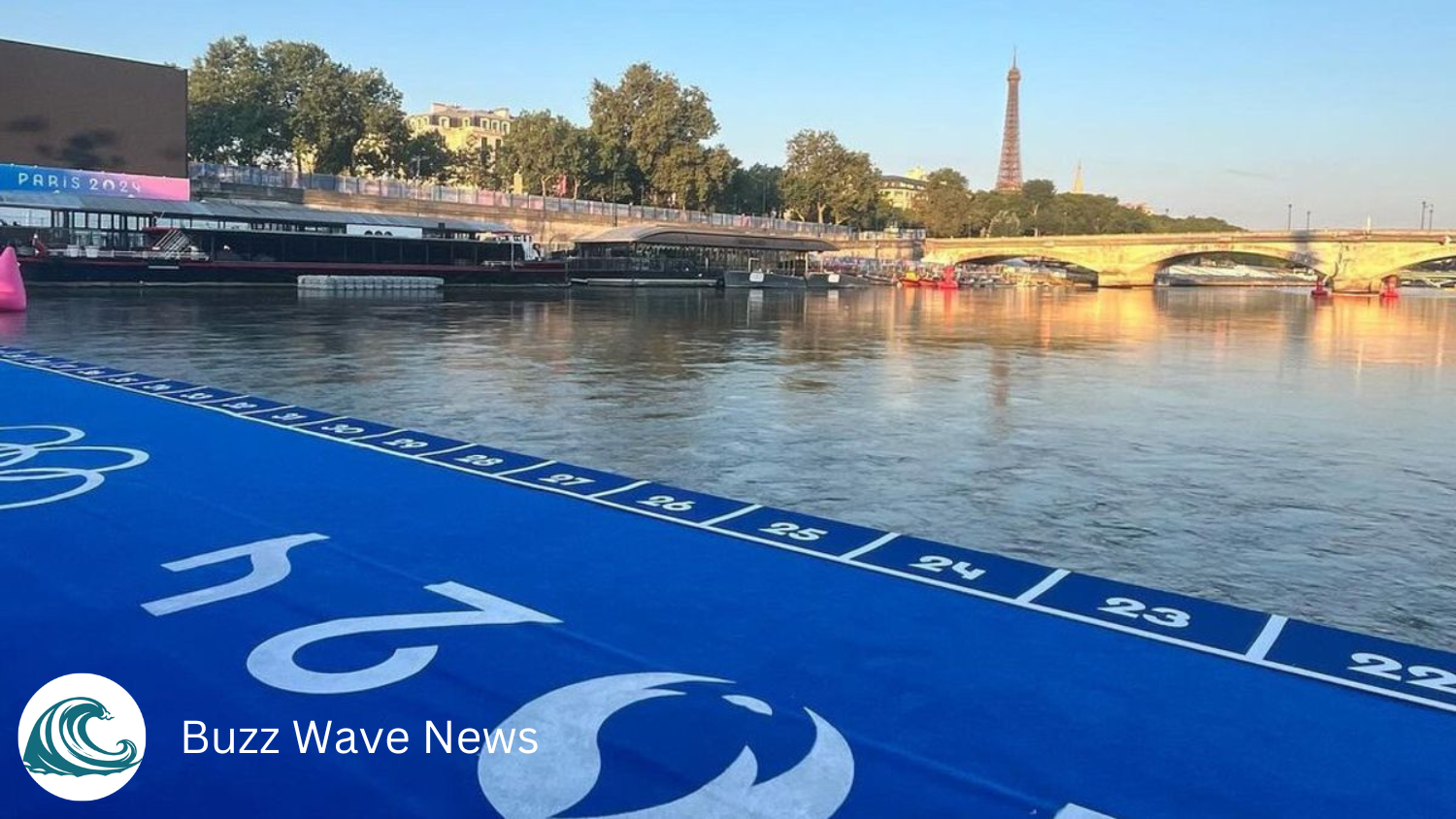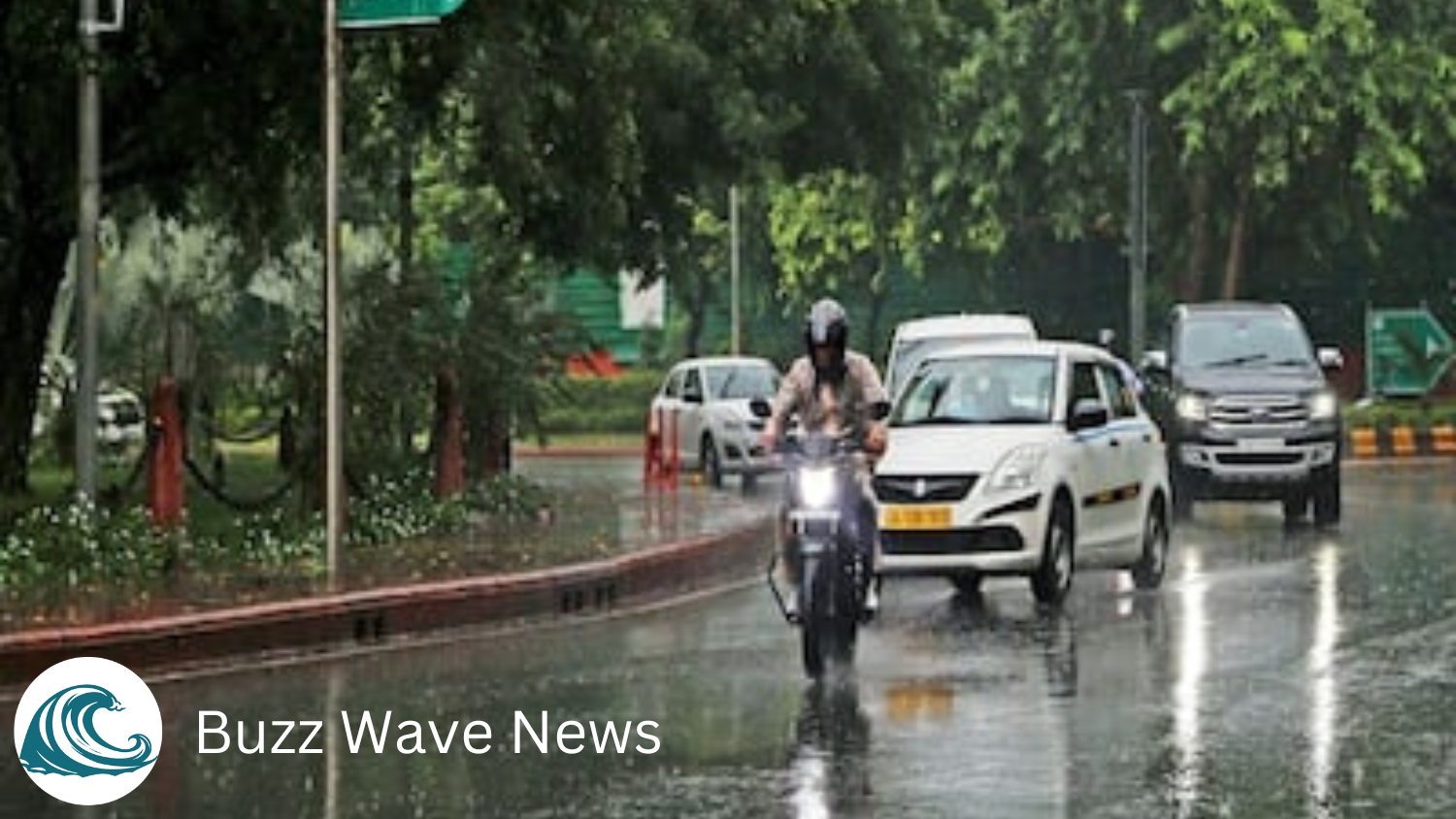The Olympic triathlons scheduled to take place in Paris have faced significant uncertainties due to concerns over water quality in the River Seine.
The men’s triathlon, originally planned for Tuesday, was postponed after tests revealed the water was not clean enough for the race. Organizers now say there is only a 60% chance that both the men’s and women’s events will proceed on Wednesday.
Water Quality Issues in the River Seine
The River Seine, an iconic waterway running through Paris, has been under scrutiny for its water quality. Tests conducted in the early hours of Tuesday morning indicated that the water did not meet the necessary safety standards for swimming, leading to the postponement of the men’s triathlon. This has raised concerns about the feasibility of holding the triathlon events, which include a swimming segment, in the river.
Current Plans and Rescheduling
The men’s triathlon is now tentatively rescheduled for Wednesday at 09:45 BST (10:45 local time), following the women’s event, which is set to start at 07:00 BST (08:00 local time). Final water quality tests will be conducted at 02:30 BST on Wednesday to determine if the events can proceed as planned.
Statements from World Triathlon President
World Triathlon President Marisol Casado previously estimated an 80% chance of the men’s triathlon taking place on Tuesday. However, the unexpected persistence of poor water quality forced a postponement. When asked about the likelihood of Wednesday’s events happening, Casado stated that the odds are “60-40” in favor of them taking place.
“We really want this to happen. But of course, we really thought that this recuperation [the improvement in the water quality] would be faster than it was,” Casado said. “We were shocked this morning when we saw that it was not as fast as we wanted.”
Impact on Athletes
The uncertainty surrounding the triathlon events has undoubtedly affected the athletes, who must adjust their preparation and mental focus accordingly. Great Britain’s Alex Yee is a favorite for gold in the men’s race, while his teammate Beth Potter, the reigning women’s world champion, also has high hopes. The postponement and potential further delays add an element of unpredictability to their Olympic experience.
Backup Plans
In the event that water quality does not improve sufficiently by Wednesday, organizers have a backup plan. Friday, August 2, remains an alternative date for both the men’s and women’s races. Additionally, there is a contingency to contest the event as a duathlon, which would eliminate the swimming segment and include only the cycling and running legs. This last resort would ensure that the competition goes ahead, albeit in a modified format.
The Significance of Water Quality
Water quality is crucial for the safety and health of athletes competing in triathlons. Contaminated water can pose serious health risks, including gastrointestinal illnesses and infections. The decision to postpone the race reflects the organizers’ commitment to prioritizing athlete safety over adherence to the schedule.
Historical Context
The use of the River Seine for Olympic events has historical significance, as it symbolizes the blend of tradition and modernity in Paris. The river has been a central feature of Parisian life for centuries, and its inclusion in the Olympics highlights the city’s unique cultural heritage. However, this situation also underscores the ongoing challenges of maintaining clean and safe waterways in major urban areas.
Environmental and Public Health Considerations
The issue of water quality in the River Seine is not just an Olympic concern but also a broader environmental and public health issue. Efforts to clean and maintain the river have been ongoing for years, involving both local authorities and environmental organizations. The current situation highlights the need for continued investment in water treatment and pollution control measures to ensure the river remains a viable resource for both recreational and competitive activities.
Looking Forward
As the final water quality tests approach, the Olympic triathlon community remains hopeful that the races will proceed as planned. The 60-40 odds reflect a cautious optimism, with everyone involved keenly aware of the potential for further delays or modifications.
Conclusion
The postponement of the men’s Olympic triathlon due to water quality issues in the River Seine has introduced a significant element of uncertainty to the event. With only a 60% chance that both the men’s and women’s triathlons will go ahead on Wednesday, athletes and organizers are preparing for various outcomes, including the possibility of holding the events as duathlons. The situation highlights the importance of environmental stewardship and the challenges of balancing tradition with modern public health and safety standards. As the world watches, the final decision will hinge on the results of early morning water tests, determining whether these athletes can compete in their full triathlon events or if alternative arrangements will be necessary.















